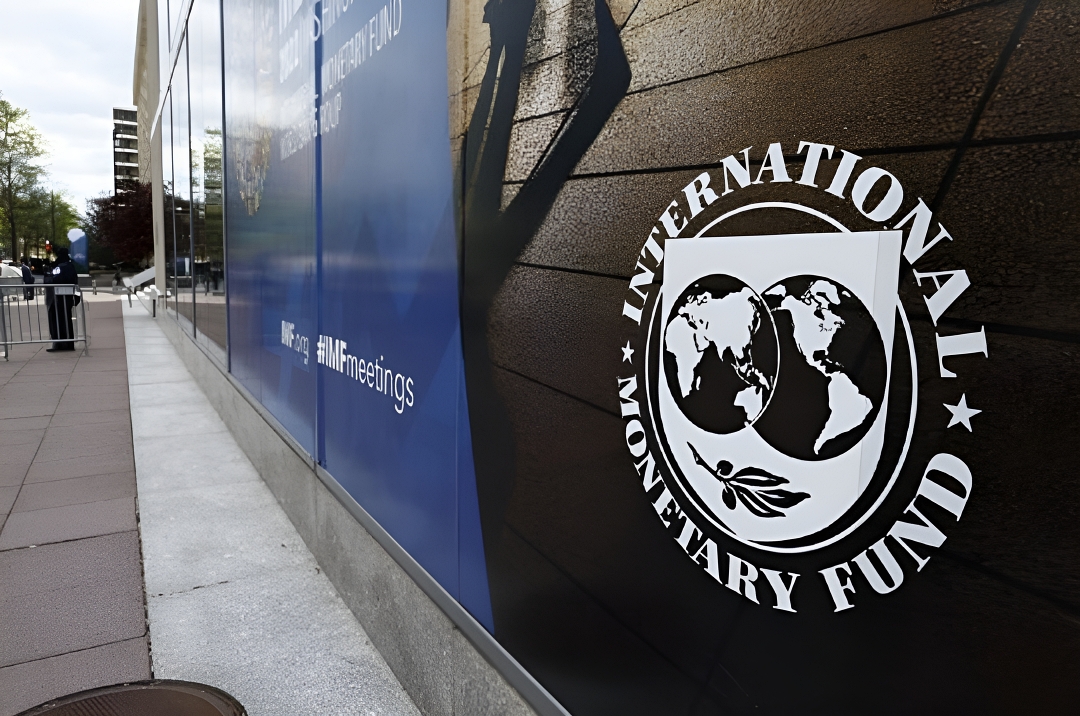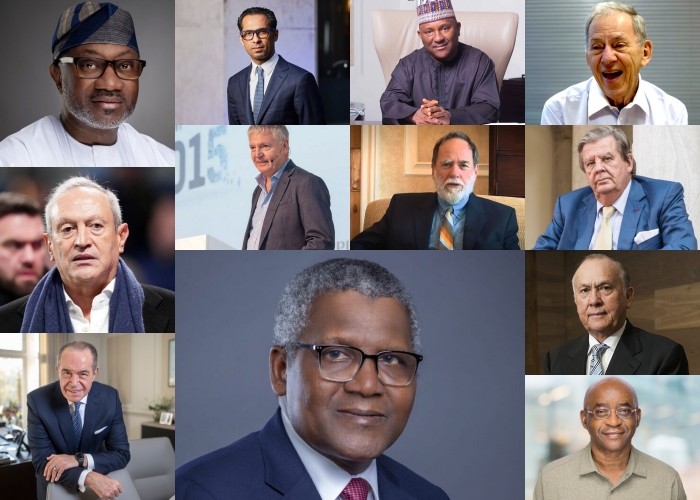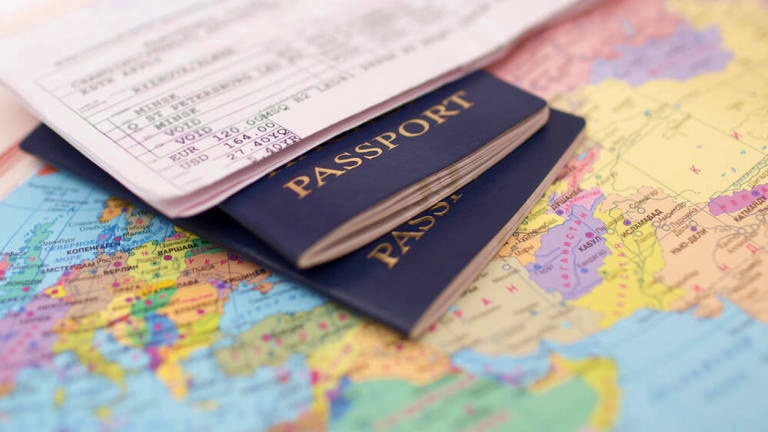African Countries with the Highest and Lowest Debt to the IMF 2025

The International Monetary Fund ( Photo Credit : African Press )
The International Monetary Fund (IMF) plays a central role in supporting countries facing economic distress, particularly in Africa. Many governments turn to the IMF as a last resort to stabilize their economies, attract foreign investment, and implement structural reforms.
IMF loans can help improve investor confidence and provide temporary financial relief. However, they often come with strict conditions—such as austerity measures, tax increases, and reduced public spending—that can strain citizens and cause social unrest if not managed properly.
Also Read : African countries with the highest debt to the World Bank
As of May 5, 2025, the IMF has released updated data showing the African countries with the highest and lowest outstanding debts.
Egypt tops the list with a staggering $8.6 billion, far exceeding other nations. Kenya follows with $3.02 billion, while Angola is close behind at $2.8 billion. Côte d’Ivoire has climbed to the fourth position with $2.6 billion, overtaking Ghana, which now ranks fifth with $2.46 billion.
These figures reflect ongoing economic pressures and the need for sustained reforms across the continent.
Top 15 African Countries with the Highest IMF Debt (as of May 5, 2025)
-
Egypt – 8.63 billion USD
-
Kenya – 3.02 billion USD
-
Angola – 2.84 billion USD
-
Côte d’Ivoire – 2.63 billion USD
-
Ghana – 2.46 billion USD
-
Congo, Democratic Republic of – 1.79 billion USD
-
Ethiopia – 1.42 billion USD
-
Cameroon – 1.18 billion USD
-
Senegal – 1.02 billion USD
-
Tanzania – 1.01 billion USD
-
Zambia – 993 million USD
-
Uganda – 993 million USD
-
Sudan – 992 million USD
-
Morocco – 938 million USD
-
Benin – 715 million USD
Top 10 African Countries with the Lowest IMF Debt (as of May 5, 2025)
-
Lesotho – 11.7 million USD
-
Eswatini – 19.6 million USD
-
Comoros – 19.9 million USD
-
Sao Tome & Principe – 27.4 million USD
-
Djibouti – 31.8 million USD
-
Guinea-Bissau – 52.3 million USD
-
Equatorial Guinea – 59.8 million USD
-
Cabo Verde – 72.1 million USD
-
Somalia – 87 million USD
-
Namibia – 95.6 million USD
FAQs
What is the IMF?
The International Monetary Fund is a global financial institution that provides loans and advice to countries in economic distress.
Why do African countries borrow from the IMF?
To stabilize their economies, meet urgent financial needs, and restore investor confidence during crises.
What are the risks of IMF loans?
High debt, economic dependence, and social unrest due to harsh austerity measures.
Which country in Africa owes the most to the IMF in 2025?
Egypt, with over $8.6 billion in outstanding credit.
Which African country has the least IMF debt in 2025?
Lesotho, with just $11.6 million in IMF debt.








